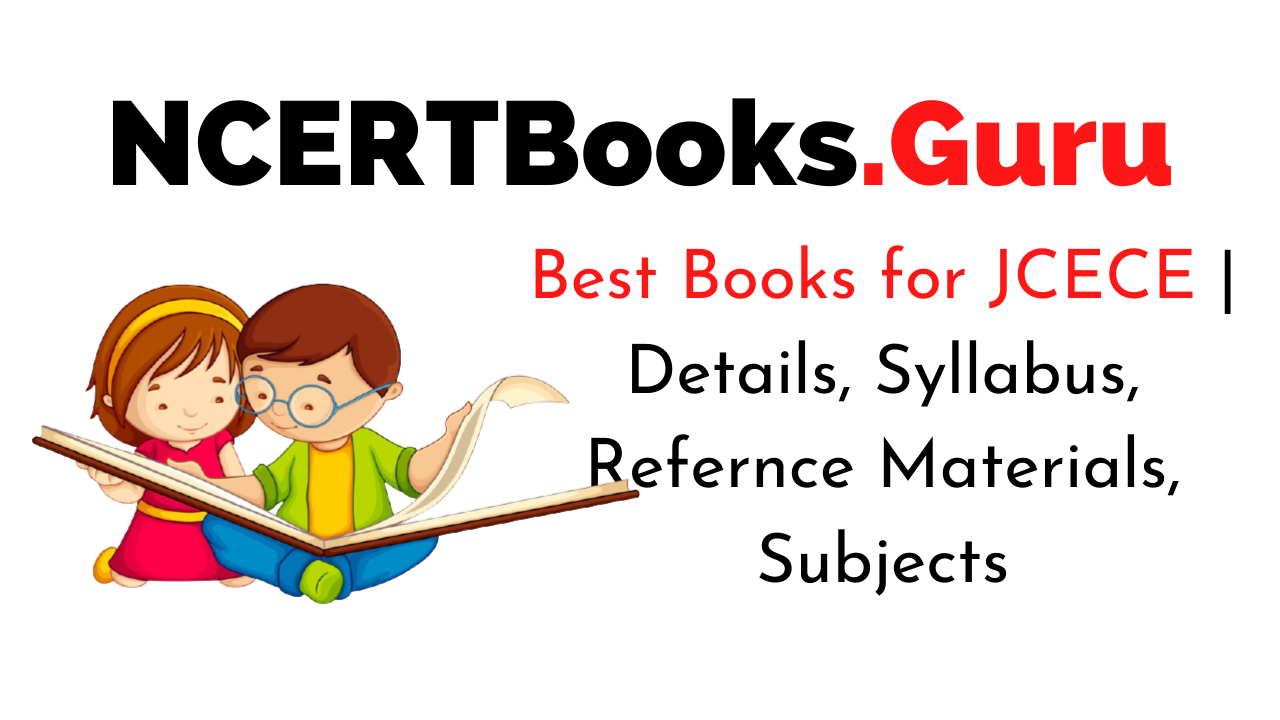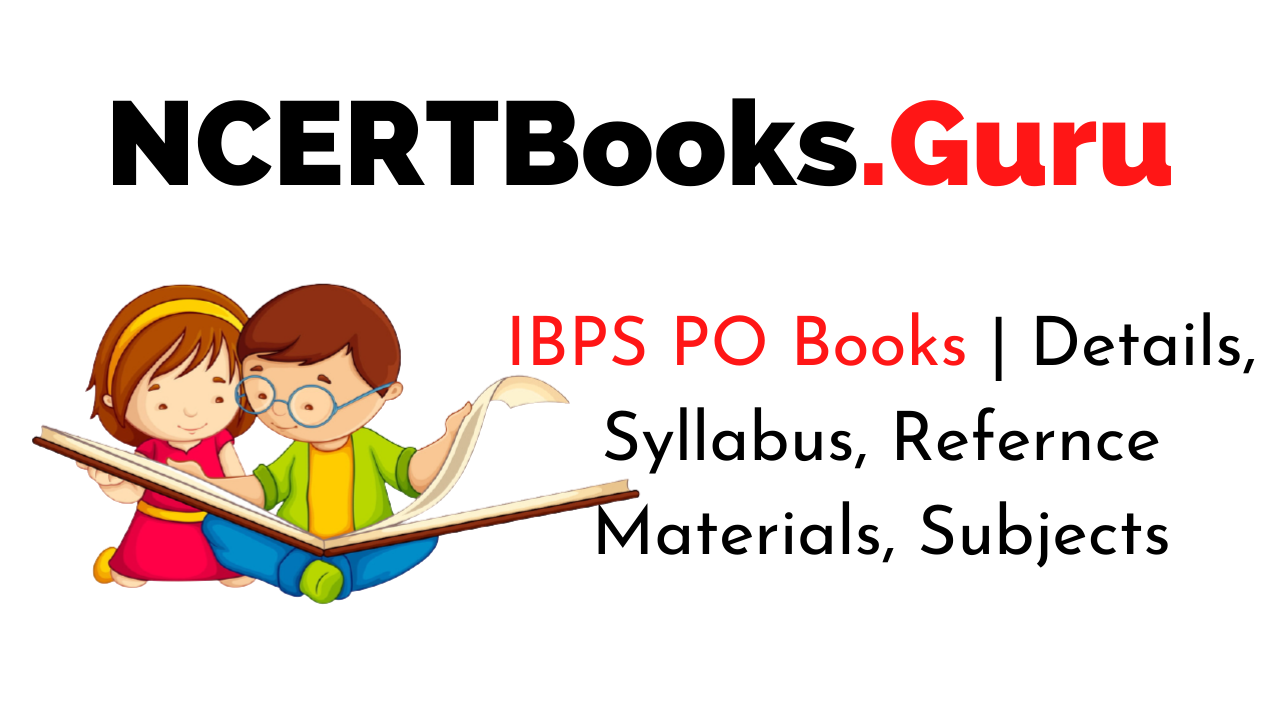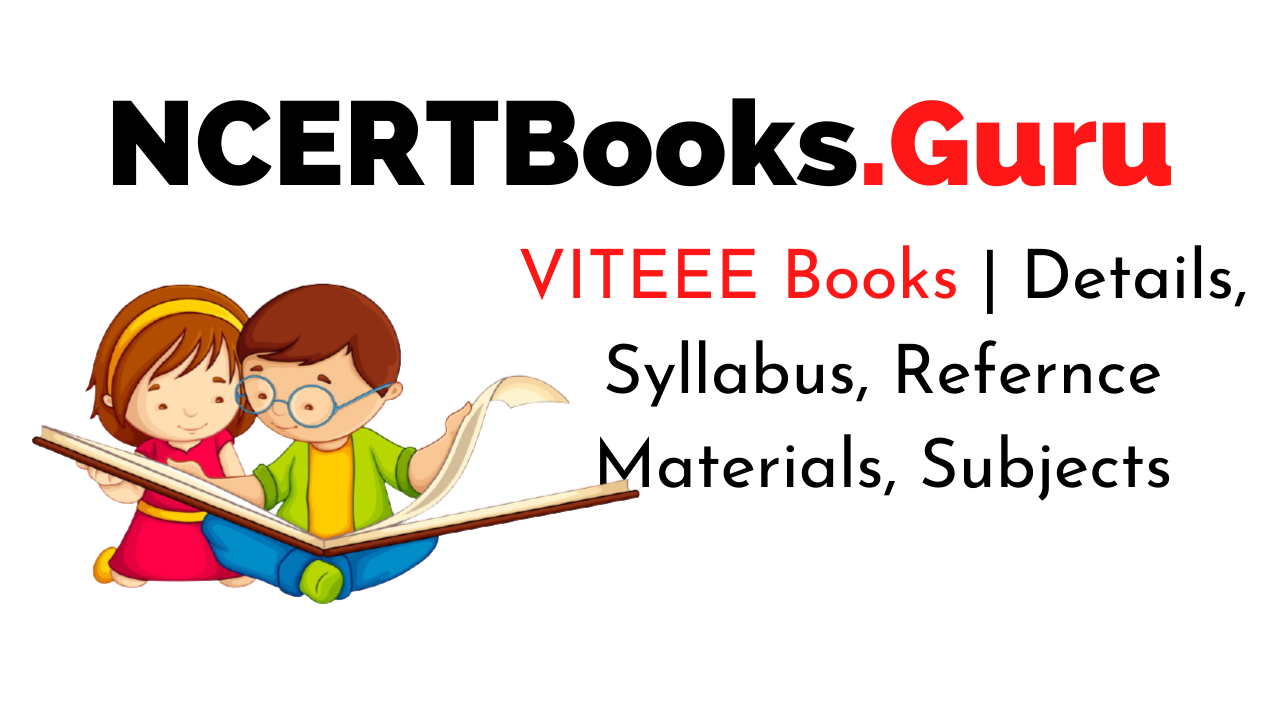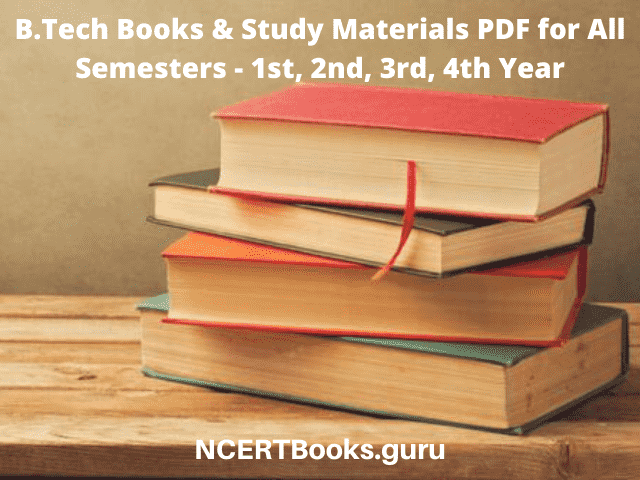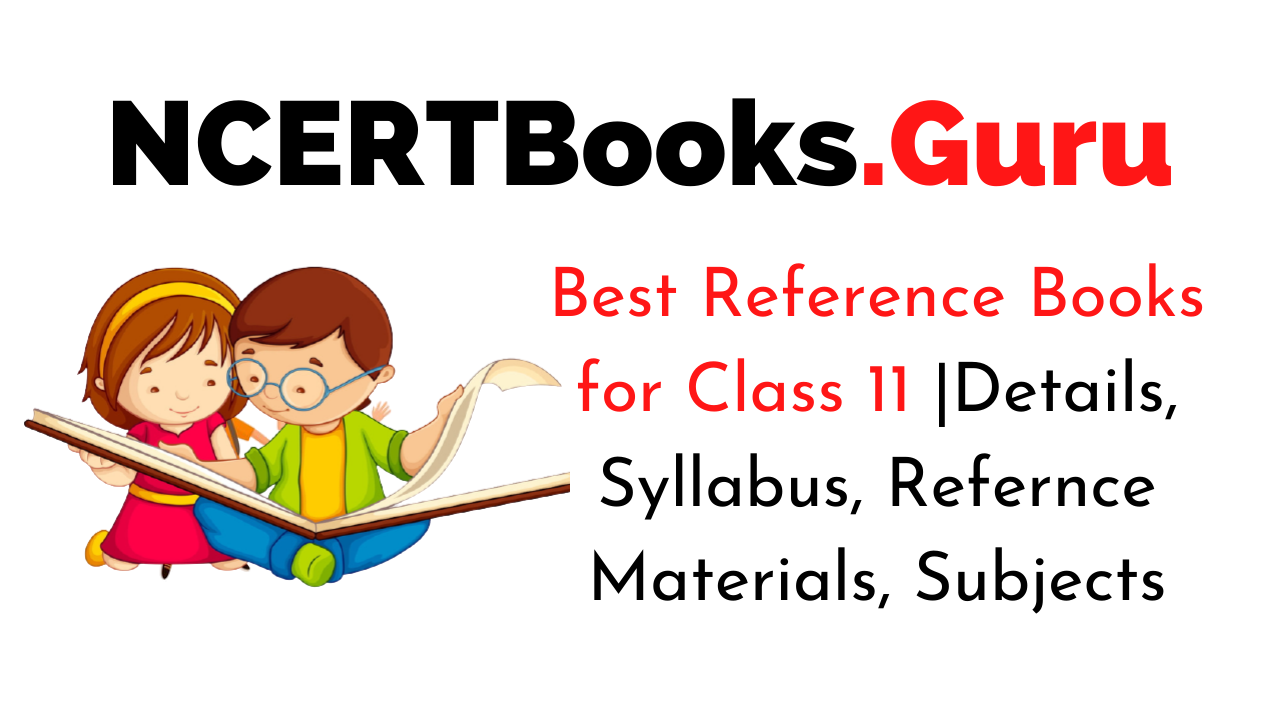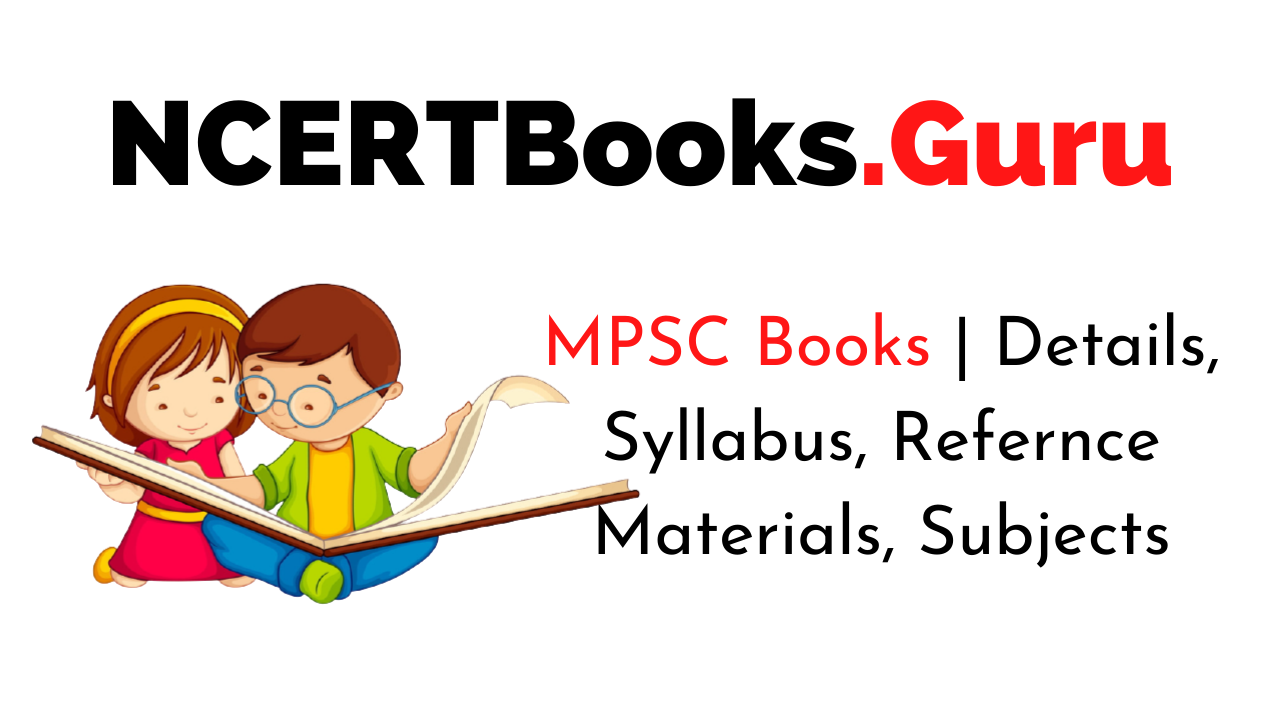Best Books for JCECE: JCECE refers to a state level examination conducted for the local as well as permanent residents of Jharkhand. It stands for Jharkhand Combined Entrance Competitive Examination. It is an entrance examination required to get admission into first-year professional courses such as medical, engineering, agricultural, and architecture in Government and Private affiliated colleges.
Choosing the best books for JCECE is one of the major priorities of the candidates appearing for the entrance exam. This article will help students to acknowledge the JCECE syllabus and best study material to crack the exam straightforwardly.
JCECE Books and Reference Materials
JCECE is a state-entrance examination organized for students who want to take admission in different UG courses in Jharkhand. To secure admission in different courses, aspirants must qualify for the JCECE exam. JCECE exam is conducted for three subject groups namely, PCM (Physics, Chemistry, and Mathematics), PCB (Physics, Chemistry, and Biology), and PCMB (Physics, Chemistry, Mathematics, and Biology). Students who dream of scoring good marks in the JCECE exam should start referring to the best books plus effective study material for the best preparation.
JCECE Examination
There are three groups of aspirants appearing for the JCECE exam based on the subject they choose- PCM, PCB, or PCMB. All the question papers are set based on class 11th and 12th syllabus. The subject-wise distribution of subjects and marks are listed:
| Subjects | Number of Questions |
| PCM- Physics, Chemistry, and Mathematics | Physics- 50 questions Chemistry- 50 questions Mathematics- 50 questions |
| PCM- Physics, Chemistry, and Biology/ Biotechnology | Physics- 50 questions Chemistry- 50 questions Biology/ Biotechnology – 50 questions |
| PCM- Physics, Chemistry, Mathematics and Biology/ Biotechnology | Physics- 50 questions Chemistry- 50 questions Mathematics- 50 questions Biology/ Biotechnology – 50 questions |
JCECE Syllabus
The syllabus for the JCECE exam is based on the NCERT syllabus of 11th and 12th standard. It comprises of four main subjects with topics related to Mathematics, Physics, Chemistry, and Biology. It would be helpful for students if they go through the recommended books for the entrance exam.
| Subject | Topics |
| Physics | Electrostatics Magnetic Effect of Current and Magnetism Current Electricity Electromagnetic Waves Electromagnetic Induction and Alternating Current Optics Atom and Nuclei Dual Nature of Matter Communication Systems Electronic Devices |
| Chemistry | Chemical Kinetics Solid State Surface Chemistry Solutions p-block Elements General Principles and Processes of Isolation of Elements Coordination Compounds d and f block elements Biomolecules Alcohols, Phenols, and Ethers Haloalkanes and Haloarenes Organic Compounds containing Nitrogen Aldehydes, Ketones, and Carboxylic Acids Polymers |
| Mathematics | Algebra Relations and Functions Calculus Vectors and Three-Dimensional Geometry Probability Linear Programming |
| Biology | Genetics Human Physiology Ecology and Environment Biology and Human Welfare Reproduction Plant Physiology |
JCECE Books and Notes
There are numerous books available in the market that claim to offer 100% results. However, candidates must prefer only those books and notes suggested by the experts and previous year rank holders of the JCECE exam. Rather than spending time searching for the best JCECE books, students can browse through the following section involving highly recommended books for interested aspirants:
Physics Books
Physics requires lots of practice to perform well in the entrance examination. NCERT Physics textbook of class 11th and 12th is highly recommendable for better preparation. However, students can also refer to:
| Book Title | Author |
| Understanding Physics Series | D.C. Pandey |
| Concepts of Physics- Vol I and Vol II | H.C. Verma |
| Modules by Aakash Institute | Aakash Institute |
| Problems in General Physics | I.E. Irodov |
| Advanced Level Physics | Michael Nelson and Philip Parker |
Chemistry Books
Students have to prepare for theoretical questions, several chemical reactions, and even some numerical part. Though most of the candidates prefer NCERT Chemistry of class 11th and 12th, however, it’s recommended to go through with the following books:
| Book Title | Author |
| Chemistry Textbook | P. Bahadur |
| Organic Chemistry | Arahant Prakashan |
| Organic Chemistry | Bahal and Bahal |
Mathematics Books
Acknowledging various formulas and exercise questions from the NCERT book is the best option to prepare for the JCECE exam. To practice a greater number of questions, students can go through with the following books:
| Book Title | Author |
| Maths | R.S. Aggarwal |
| Plain Trigonometry | S.L. Soney |
| Vectors | Shanti Narayana |
| Coordinate Geometry | S.L. Soni |
| Higher Algebra | Hall and Knight |
| Algebra | K.P. Basu |
Biology Books
The biology section includes several questions based on diversity, wildlife, including scientific names, facts, and more. Hence, studying NCERT alone is not beneficial. Candidates should get the best books for the preparation of the JCECE exam like:
| Book Title | Author |
| Biology | Truman |
| Biology Textbook | Dinesh |
| Biology Textbook | Pradeep |
| Botany | A.C. Dutta |
JCECE Study Materials
After board exams, students have about three months to prepare for the JCECE exam. So, they should utilize time wisely and can consider different study material for the best exam preparation.
JCECE Important Topics
Some of the topics in Physics, Chemistry, Mathematics, and Biology serve more weightage than others. Students can go through with those topics or chapters effectively for better preparation for the JCECE exam.
JCECE Preparation Notes
Candidates can make notes of all the crucial chapters, formulas, and concepts while studying. Even interested candidates can find notes of different topics online that help them to cover the entire syllabus in a short time.
JCECE Previous Year’s Question Papers
Undoubtedly, solving last year’s question papers enhances student’s confidence plus solving speed. Candidates can also solve JEE Main as well as JEE Advanced question paper for better preparation for the JCECE exam.
JCECE Mock Test
Students can practice mock tests online by solving different types of questions before going for the actual exam. It’s recommendable for students to solve mock tests within the given time for self-improvement.
Conclusion on Best Books for JCECE
All the interested aspirants can become familiar with JCECE exam preparation books and study material with the provided list in this article. With a good selection of books and notes, students can prepare outstandingly for the exam.
FAQs on Best Books for JCECE
Question 1.
What subjects are considered in the JCECE syllabus?
Answer:
JCECE exam contains the class 12th syllabus, which is topics from Physics, Chemistry, Biology, and Mathematics. Students have to prepare for these subjects to crack the entrance exam.
Question 2.
What are the important topics for JCECE Mathematics section?
Answer:
For the Mathematics section in the JCECE exam, students should focus on Vectors, Three-Dimensional Space, Derivatives and its Applications, Differential Calculus, Quadratic Equations, Sequence and Series, and Probability.
Question 3.
What is the easiest topic for the JCECE Chemistry section?
Answer:
Chemical Kinetics and Bonding, Thermodynamics, Carbonyl Compounds, Basics of Organic Chemistry, and Solid State, all these have equal weightage in the JCECE Chemistry section. However, students often found Carbonyl Compounds the easiest topic for better and quick preparation.
Question 4.
What are the dominating topics in JCECE Biology Section?
Answer:
Generally, Plant Physiology plus Ecology and Environment have high weightage in the JCECE Biology section. Most students find Plant Physiology tricky and difficult to crack, and Ecology and Environment quite an easy topic.
